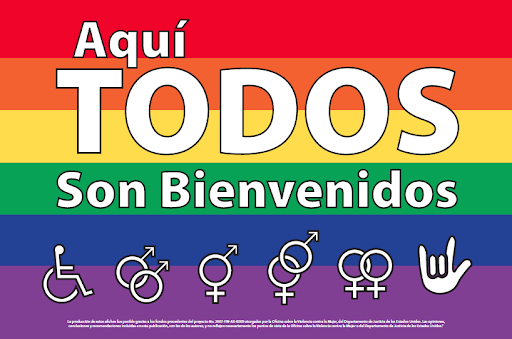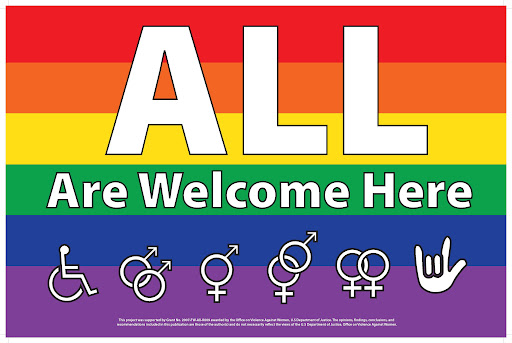Dating Violence: The Silent Abuse

Imagine being called stupid and worthless, everyday, every time you do something. Imagine being in public while being yelled at and getting called names. A victim feels as if they have two choices: either sit there and continue being yelled at, or listen to the abuser and obey their threats. Imagine always feeling like you want to disappear or you have to “watch your back.” Victims feel most alone at those exact times.
Did you know that females between 16 and 24 experience the highest rate of dating violence? 1 in 4 teens in a relationship say they have been called names, harassed, or belittled. Dating violence involves a pattern of behavior in which one person uses threats, or physical, sexual, verbal, or emotional abuse to control his/her partner. Most people don’t realize how common dating violence actually is. It doesn’t always happen immediately and sometimes signs are hard to see or notice, especially when you are the one in the situation. Victims of dating violence believe that the abuse is normal (usually because their friends are being abused too). Victims also believe that their partner’s jealousy and possessiveness is “romantic.” This is because the attention they receive from those actions, even though it is in a negative manner. An abuser believes that they have the right to control their partners, demand intimacy, and that they may lose respect if they are attentive and supportive toward their significant other. Not only is dating violence detrimental to someone, it can also increase one’s risk of substance abuse, suicide, sexual risk behaviors, or unhealthy weight.
Red Flags of Dating Violence
-Extreme Jealousy
-Controlling behavior
-Isolation
-Verbal abuse
-Alcohol/drug abuse
-Use of force in arguments
-Blaming others for own problems
There are many do’s and don’ts when assisting someone in need. Most people don’t realize their comments or judgments towards the victim might only influence or hurt them more. Anyone can be a victim.
Things You Can “Do” to Help Dating Violence Victims
-Let them know that no one deserves to be abused
-Let them know they’re not alone
-Express concern for their safety
-Help them find support[/vc_column_text][/vc_column][/vc_row]
One of the most common questions people ask is “Why don’t they leave?” Leaving is not only scary, but can also be dangerous. That is why the “do’s” are so important. While following the “do’s”, be very cautious not to tell the victim what to do. In order to stay safe, there are safety plans for dating violence. These plans include but are not limited to: knowing signs of abuse and watching for them, saving messages on cell phones of the threatening behavior, avoiding drinking and drug use, and having a support system.




